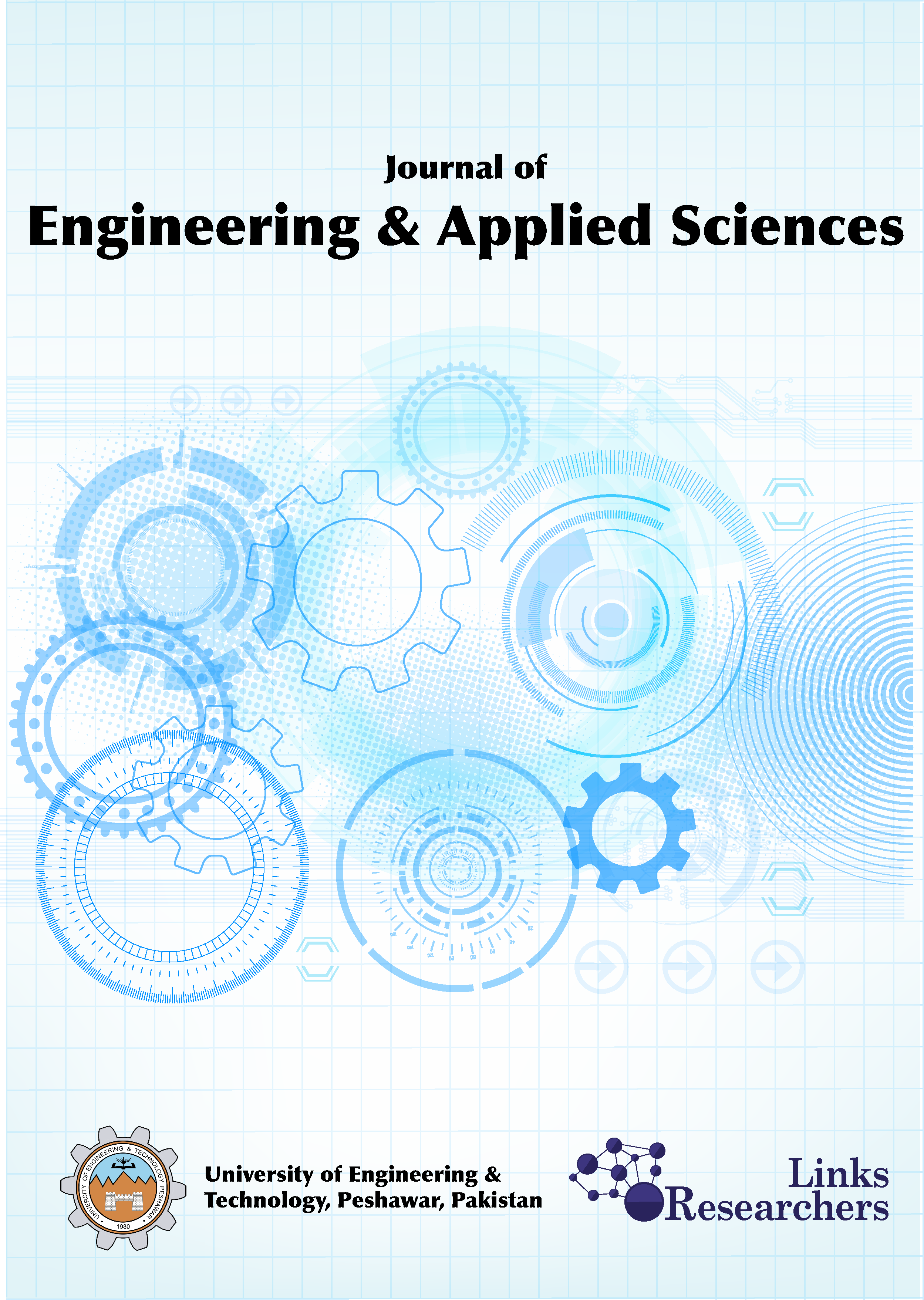TEMPORAL VARIATION IN GROUND WATER QUALITY DUE TO URBANIZATION. CASE STUDY: DISTRICT PESHAWAR, PAKISTAN
Mahmood Alam Khan1, Muhammad Yaseen1, Mujahid Khan*2, Amjad Khan1
ABSTRACT
Groundwater is a significant source of water for both domestic and agricultural use. The main objective of this
study was to identify temporal variations in groundwater quality of Peshawar by developing GIS based physio-chemical
parameters contour maps, comparative graphs and analyse results in light of Pakistan Standard Quality Control
Authority (PSQCA). In 2005, same study for district Peshawar was carried out jointly by PCSIR Peshawar and
Kyungpook National University. In order to assess the effects of urbanization on ground water quality in district
Peshawar, another study was undertaken in 2014-15 by collecting samples from the same locations. Standard procedures
were adopted to determine the selected parameters and results of both the studies were compared. Comparative
analysis of both the studies showed that some of the chemical parameters values gained an increase while other got
decreased. Results also showed that electrical conductivity (EC), Cl-, SO4-2, NO3-1 were increased by 119.11%,
29.98%, 469.60%, and 59.47% respectively, while total dissolved solids (TDS), turbidity, total alkalinity, total hardness,
calcium (Ca++), HCO3-1 and Magnesium (Mg++) were decreased by 6%, 10.51%, 37.39% and 11.52%, 22.21%,
37.56% and 21.19% respectively. Results revealed that changes in water quality have occurred due to over population
of Peshawar and remedial measures are needed in future.
To share on other social networks, click on any share button. What are these?





